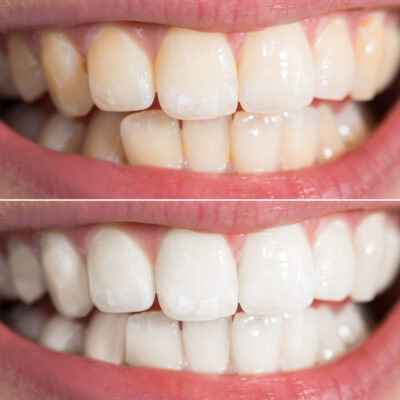
The Symptoms of Various Eating Disorders
Generally, eating disorders refer to some unusual eating habits which harm the health of the individual, disturb the person psychologically and negatively affect the overall well-being of the individual. These types of eating disorders may lead to emotional breakdown and the individual may not be able to focus on the important aspects of life. There are many types of eating disorders associated with the overall psychological health of the individual.
Each eating disorder has varied and numerous symptoms. The common eating disorders are bulimia nervosa, anorexia nervosa, and binge eating disorder. The symptoms are as follows:
1. Anorexia nervosa symptoms
The main symptoms of anorexia nervosa are low body weight, fear of gaining weight, and invalid perception of body shape and weight. People with this condition start limiting their intake of calories and focus on losing weight with the use of laxatives. In addition to that, they vomit after eating and starve themselves to keep the weight off.
2. Bulimia nervosa symptoms
The primary symptoms of this potentially dangerous disorder are recurrent episodes of bingeing and then purging. It involves involuntary or lack of control over consuming huge quantities of food in a short period of time. This, consequently, leads to vomiting and performing intensive exercise to get over the guilt of eating excessively.
3. Binge eating disorder symptoms
Here the individual overindulges in eating regularly even if they aren’t hungry. Their lack of control over eating and consuming more food than required is followed by feelings of guilt, disgust, and occasional bouts of anxiety and/or depression.
4. Rumination disorder symptoms
Here the person regurgitates the food that they have swallowed. They either chew and swallow the food back or spit it out. It’s most common in infants or with people with some disorders, and may lead to malnutrition.
5. Symptoms of avoidant/restrictive food intake disorder
The main symptoms of this disorder is not meeting daily nutrition requirements. It may stem from not having interest in certain kinds of food or finding the colour, smell, or texture of the food repugnant. Sometimes, even the fear of choking might lead to this disorder.
6. When should you consult a doctor about your eating habits?
More often than not, eating disorders are difficult to manage by yourself. They can take over the lives of individuals suffering from these conditions. One should turn to a doctor as soon as they notice drastic changes in their eating habits.
Everyone suffering from these disorders may not accept that their condition can be severe and life threatening. If someone around you has some or all of these symptoms and isn’t ready to come to terms with their unusual eating habits, then consult a doctor. Eating patterns and habits of children and teenagers should be monitored carefully. Stress, depression, peer pressure, anger, and fear can trigger eating disorders. With proper consultation and treatment, healthy habits can be inculcated and these disorders can be cured before the person suffers from malnutrition, organ failure, or starves to death.


